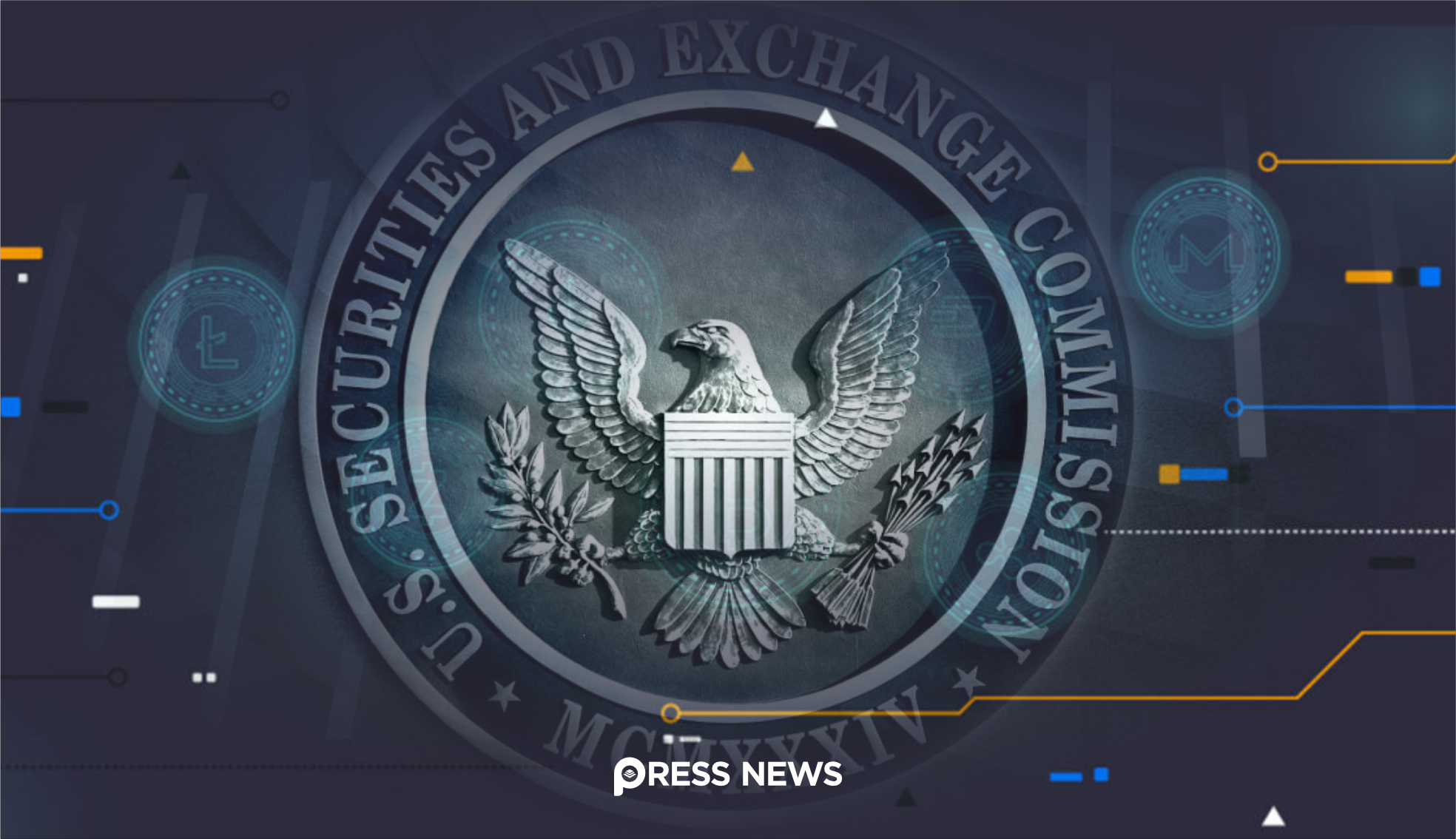Hedera Foundation Partners with The Binary Holdings to Onboard 169 Million+ Users
The recent shift by Coinbase to off-balance-sheet reporting for digital assets has reignited the debate on cryptocurrency ownership in the U.S. With increasing regulatory scrutiny, the decision by one of the largest cryptocurrency exchanges is raising questions about what truly constitutes ownership when it comes to digital assets.
A New Accounting Standard
Coinbase recently announced that it has begun reporting customer-held cryptocurrencies as off-balance-sheet assets. This marks a departure from the previously standard accounting practice where exchanges often counted user assets as part of their balance sheet. The move is intended to provide better transparency and comply with regulatory expectations while safeguarding user interests. However, it has led to concerns regarding what would happen in the case of insolvency or bankruptcy.
Legal Implications for Customers
The U.S. Securities and Exchange Commission (SEC) has long been scrutinizing the way crypto firms report assets. A significant issue is that customers may not be fully protected in the event of an exchange collapse. While traditional financial institutions operate under clear legal frameworks that separate client and company assets, cryptocurrency firms often exist in a gray area. In the case of Coinbase, moving assets off the balance sheet does not necessarily mean that customer funds are fully secured under existing regulations.
Bankruptcy Protections and Risks
One of the major concerns is whether this new reporting method impacts customer protection during bankruptcy proceedings. In 2022, a bankruptcy judge ruled that customers of Celsius Network, a now-defunct crypto lender, were considered unsecured creditors rather than direct owners of their crypto. This ruling set a concerning precedent for crypto exchanges like Coinbase, raising the possibility that customer funds might be at risk in insolvency situations. (Source: CoinDesk)
Industry Reactions and Future Outlook
Crypto analysts and legal experts have given mixed reactions to Coinbase’s decision. Some argue that off-balance-sheet reporting improves corporate transparency and accountability. Others worry that without clear legislation, customers may not be fully aware of their rights regarding digital assets. The need for robust regulatory frameworks is becoming increasingly urgent as the crypto industry continues to evolve.
Meanwhile, Coinbase maintains that its decision aligns with new industry best practices and is designed to ensure greater financial integrity. The exchange insists that customer assets remain safe and are not used for company operations. However, skeptics argue that unless U.S. lawmakers pass clearer crypto regulations, the uncertainty over ownership rights will persist.
As regulatory bodies continue to tighten their grip on the cryptocurrency industry, the debate surrounding digital asset ownership remains far from settled. For crypto investors, understanding how exchanges handle their funds is more crucial than ever before. The next few months will likely bring more discussions on how such policies affect both individual investors and the broader market.


 Press Labs Inc.
Press Labs Inc. 








